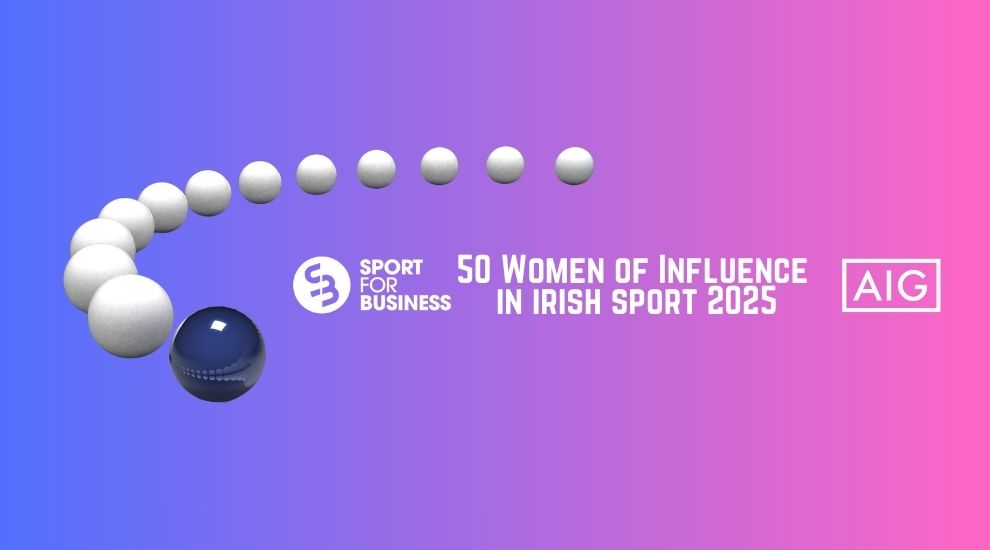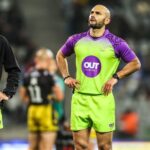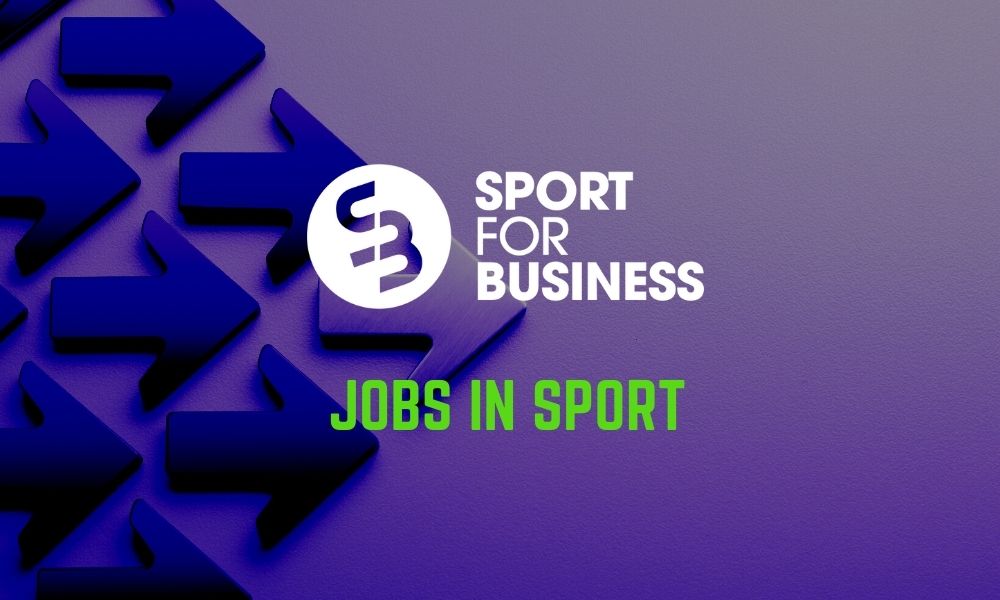
Oliver Dingley was greeted by a crowd of well wishers as were others and there will be special homecoming parties for Thomas Barr in Waterford and for the O’Donovan Brothers in Skibereen once Paul completes his efforts at the World Championships in the Netherlands.
For others though Like Michael Conlan, Aileen Reid and Fiona Doyle, there is a gap between the hopes they had travelling out and the return journey.
For the O’Donovan’s this is the start already of a next cycle of immersion in the world of high performance sport. They will go into that with vigour having broken into the top rank of their sport in Rio.

They will be exposed, out of ‘the bubble’ to a sense that this was somehow a lesser Olympics with Ireland featuring more for arrests, judging controversies and drugs failure than for their efforts on the track, in the pool, on the water or in the ring.
Physically they will be exhausted and mentally it is an even tougher adjustment.
The Institute of Sport will be on hand to provide back up and assistance, as they have been through the run up to the games but even there, the departure of Gary Keegan as Director will remove one of the fixed points athletes recognised and relied upon up to now.
Martyn Irvine was on the couch as opposed to the bike at these games bt his retirement has been pushed back and he said to Sport for Business wistfully yesterday that the alternative was sliding under cars as a mechanic again and he wasn’t ready for that yet.
Sport is littered with returns to the game, from Muhammed Ali and Mark Spitz to those who never quite achieved such glory but still found it hard to adjust to life away from the spotlight.
A good article in The Atlantic looks at a number of cases of Post Olympic Depression, including that of swimmer Allison Schmitt.
After winning five medals, three of them gold, and setting a world record in the 2012 London Games, Schmitt sank into a hole from which she couldn’t emerge. She had no idea why she felt depressed—especially considering her undeniable success—but realized she needed counseling. The decision didn’t come easily; depression is still a dirty word in the locker room.
“I didn’t want to show my weakness,” she said in an interview with Channel 4 in Detroit. “I didn’t want to ask for help, but in this situation I found out … that I couldn’t keep fighting it by myself. … There’s this thing that they call post-Olympic blues and I think I had a little bit of that and I kept isolating myself and isolating myself.”
Before the Rio Games, in which Schmitt picked up two more medals (a gold and a silver), she elaborated in the Huffington Post on an athlete’s way of thinking: “We’re taught we can push through anything, we can make it wherever we want to go, and we’re always told to not ask for help. At the end of the race, we’re not having our coach finish for us, anyone finish for us.”
It’s a real challenge for athletes and coaches, especially when in an individual sport and perhaps one where there is a less developed support structure.
Players associations the GPA and IRUPA here have made real strides in providing services that help players in the GAA and Rugby worlds with problems that come from living life in a self-centred and many ways unreal version of life.
That kind of expertise is now likely to be crucial for those who have worn the green and given us cause to cheer over the past two weeks.
Sport for Business’ Coverage of the 2016 Olympic Games is supported by Team Ireland Official Partner Electric Ireland #ThePowerWithin
Image credits: Inpho.ie

























